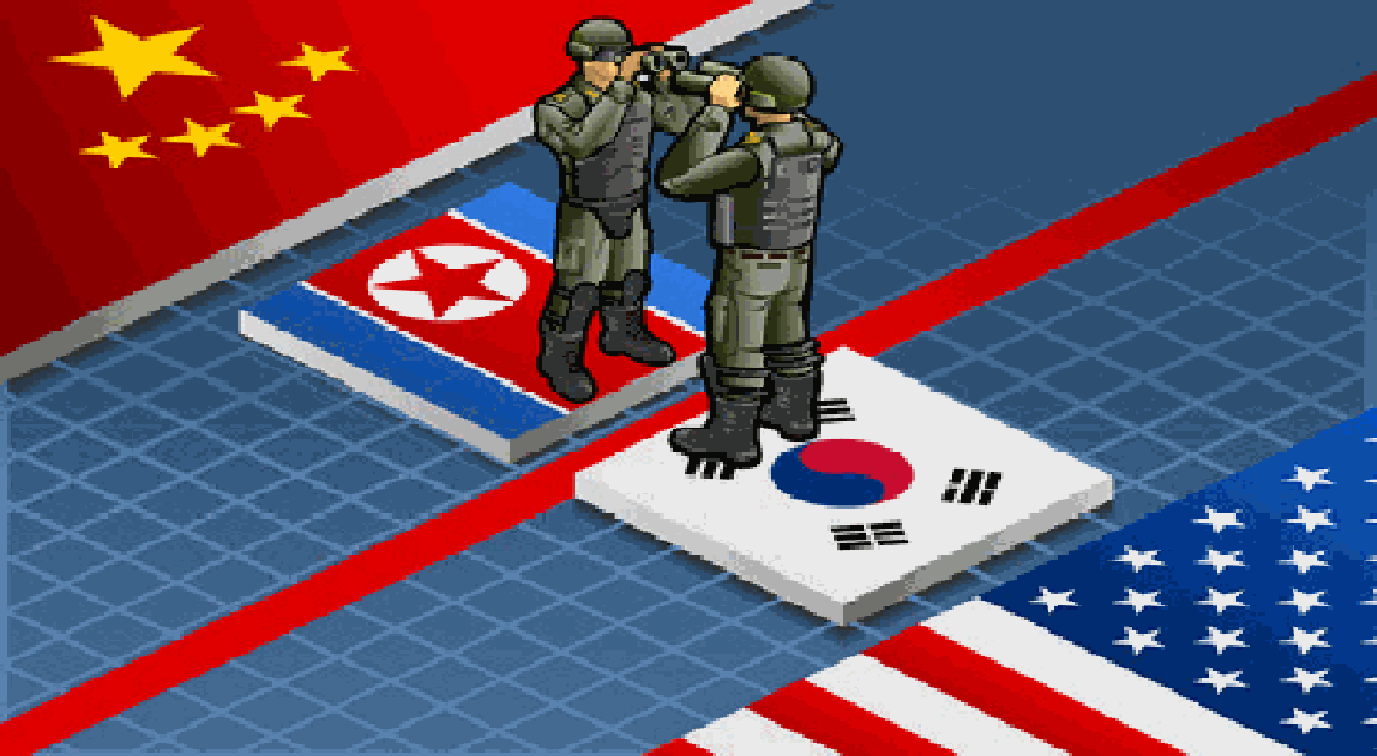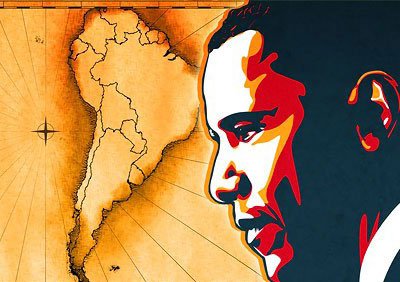By Philip Bobbitt
In June 2001, the Hart-Rudman Commission released its report on the U.S. National Security Strategy. It didn’t mention al Qaeda or global, networked terrorism. It didn’t note the threat of hybrid warfare in which insurgency, terrorism, covert operations and conventional conflict merge to paralyze the international institutions of the 20th-century nation-state. It didn’t mention the growing financial fragility of the global system of trade and finance. It didn’t anticipate the legal issues that would arise from targeted killing, the collection of metadata by intelligence agencies, or confusion over the appropriate war powers for the executive. But it did try to come up with a plan to maximize the United States’ influence and political suasion abroad.
Many people confuse a plan with a strategy. This is often reflected in the usual criticisms of any particular U.S. administration when events confound the plans it has inherited or promised on the campaign trail. It is true that the current administration’s plans for the Middle East are in some disarray; the president has forthrightly, and I think courageously and wisely, conceded this. But even if we were to devise an effective plan to deal simultaneously with growing Iranian power and a burgeoning threat from the Islamic State, this would not amount to a strategy.
That’s because a strategy is a dynamic, multiparty activity in which at least some of the participants are dedicated to disturbing the plans of the others. We defend our interests, but we can’t defend them everywhere. We plan against the likeliest threats, all of which were dutifully recorded by the Hart-Rudman Commission. So our adversaries attack where our defenses are weakest, and that is where an attack is least expected. Thus the nature of conflict, as Sir Michael Quinlan once observed, is surprise.
Moreover, the State is entering a period of transition in its constitutional order. Since the 1860s in the United States and the 1870s in Europe, the industrial nation-state has emerged and gradually spread across the globe, replacing the 19th-century imperial state-nations created by George Washington, Alexander Hamilton, James Madison and Napoleon Bonaparte. These states, like the ones they replaced, had very little in common with the princely states that predated Treaty of Westphalia, or the kingly states that Westphalia enshrined in the international order. Now a new constitutional order is emerging. It is driving, as it is driven by, changes in warfare. This new order will create states that are more decentralized and devolved, that privatize and outsource their operations, that are more nationalistic than nation-states ever were, that are globally networked, that are richer but more fragile, and that are dependent on the rapid transfer and exploitation of information conveyed electronically. Our plans, nevertheless, will be much the same: to make our infrastructure more resilient, our alliances more enduring, our resources more secure, our armed forces more ready and our technologies of warfare more lethal and discriminating. But our strategy will have to be as novel as the threats that beset the new, informational market states of consent we are becoming.
This strategy must have a clear answer for the questions: When are we at war? What is our war aim? What role do we wish for law — constitutional and international, humanitarian and human rights — to play? And what role do we wish for strategy itself in shaping our law, and being shaped by it?
It is no less astounding that, following the atrocities in Paris this week, French President Francois Hollande should discover the attacks to be “an act of war,” than it is that the French responded with a barrage of air attacks on the decimated city of Raqqa. But who can blame them? For more than 10 years they’ve been told that it was the Americans who made war through a simpleminded misunderstanding of terror. And the Americans themselves have been told that wars must have an end, and that our actions alone will dictate that timing. To slightly alter the famous French phrase, “C’est magnifique, mais ce n’est pas la strategie” — “It is magnificent, but it is not strategy.”
This is a time for us to return to the bedrock principles of American strategy. First and foremost is our cultivation of and reliance upon alliances. Occasionally irksome and often confused, our relations with our allies are our greatest international asset. To realize our relative strength, one need only ask: Who wishes to be an ally of Russia, China or Iran? Second is our skill at constitutional and technological innovation. The Islamic State is self-consciously creating a constitutional order for the 21st century: Like Iran, it is an insurgent market state that wishes to destroy the international order just as surely as Germany wished to destroy the international system in 1914 or Napoleon wished to destroy the international system in 1790. Neither of these 21st-century insurgent market states will be defeated by relying on the tactics and plans that have made the order of nation-states pre-eminent. This much should have been evident in Iraq. Third is our remarkable social cohesion despite our equally remarkable diversity. If it is true that tens of thousands of youth wish to join the Islamic State, there are millions who want to become a part of the parliamentary states of consent of which the United States is the steward. Pretending that we can force these tides, friendly or hostile, from our shores with declarations of uninterest is so unrealistic that it could only have been propounded by an academic movement calling itself Realism.
It is quite notable that the front-runner in the campaign for the American presidency is the only candidate in the debate for the Democratic nomination who forthrightly asserted that terror armed with weapons of mass destruction currently pose the greatest threat to the United States. We have been given visionary and decisive leadership in past crises. Perhaps we will be again.
Now don’t get me wrong. The Realists have a point: terrorism doesn’t pose the sort of broad-based threat to our interests that the competition with China, the alienation of Europe and the vulnerability of our critical infrastructure to cyber attacks do. It’s rather that the strategic solution to the wars on terror necessarily implicates law — either reforming and vindicating it or discrediting and delegitimating it — in a way that will make the more conventional threats either manageable or impossible. If we neglect to address the threat of terror successfully, because it seems so peripheral to the state system as we have known it in the 20th century, it will make the more familiar dimensions of strategy virtually intractable.







